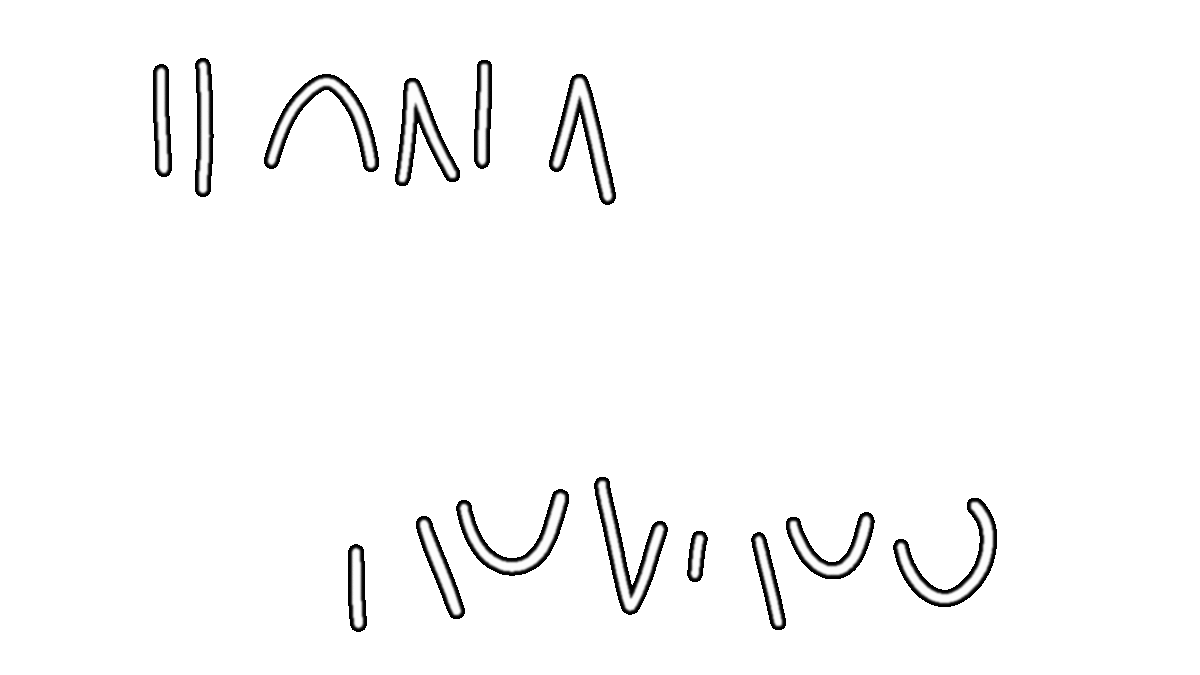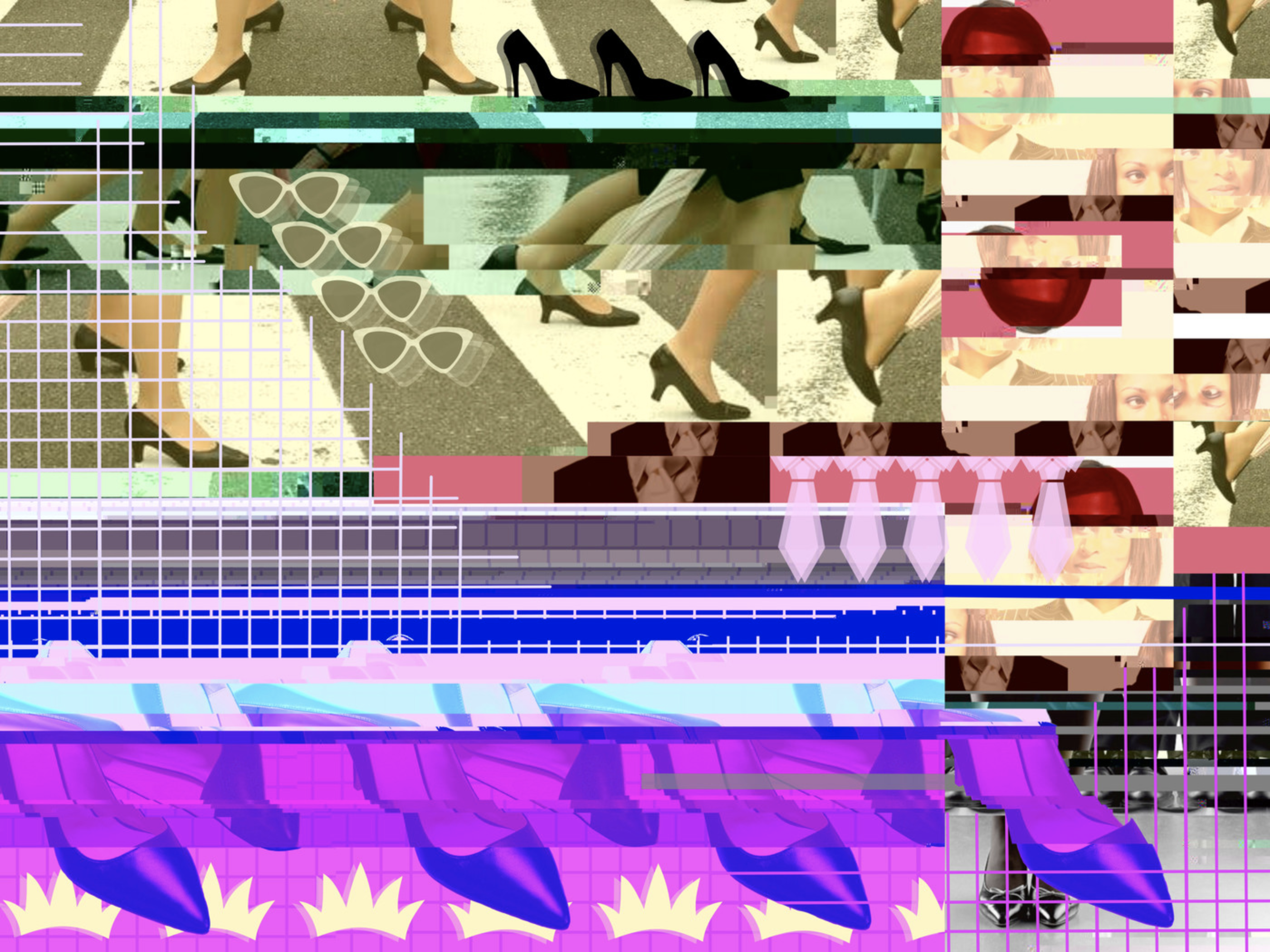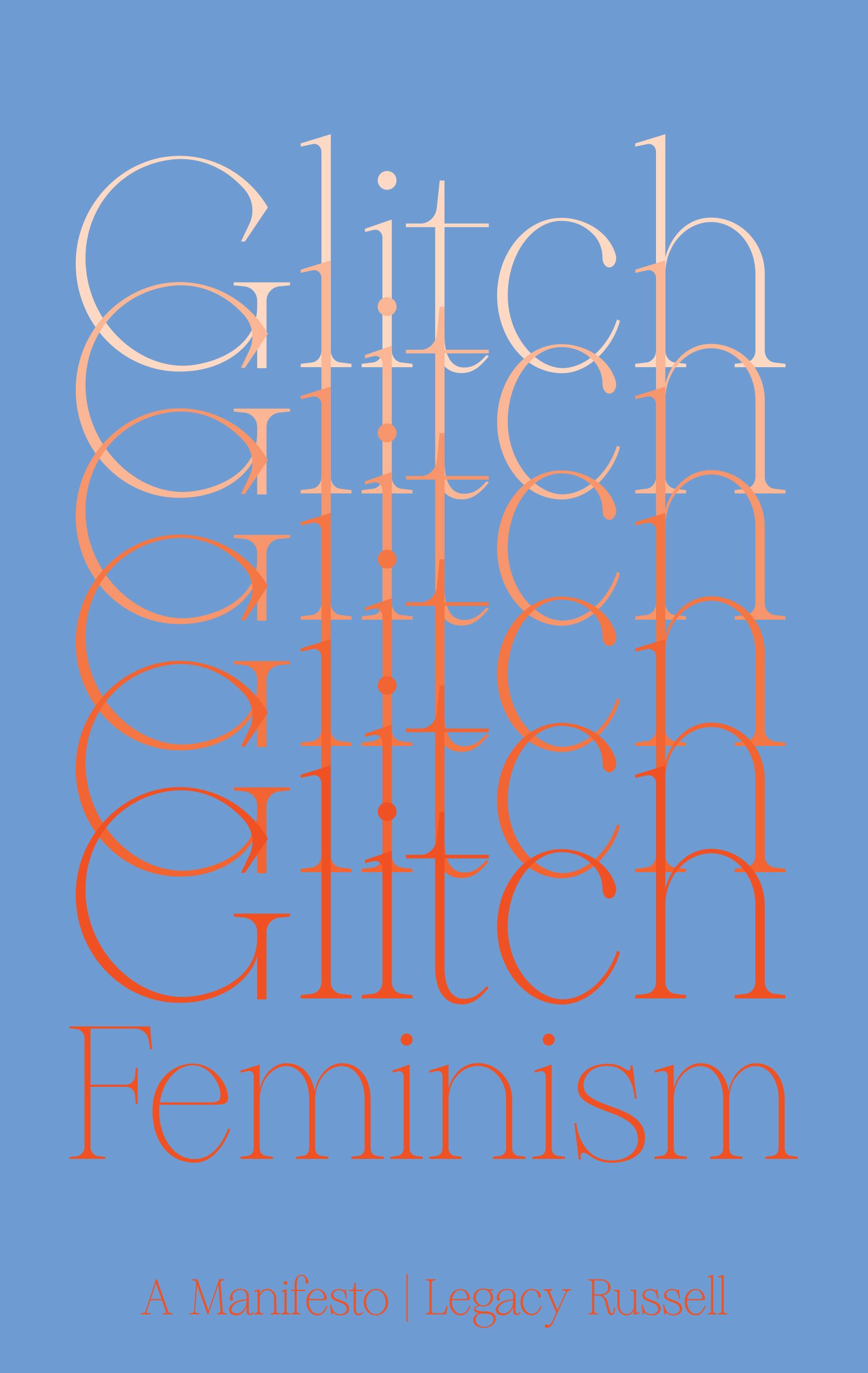



Ilona Kovacs
Professor Noah Travis Phillips
Internet Art Cultures
April 20th, 2021
Exploratory Writing 4A
 Glitching and approaching this idea of anti-body provides a deeper perspective into the concept that I have always been fond of which is most easily described as a meat suit. I agree that glitch is skin, and Russel's introduction to both keeping things in and keeping things out broadens my idea that she touches on where skin is a container. I personally have imagined that we don't look exactly as our bodies, or meat suits as I like to refer to them as, and instead our souls and characters are inside of the bodies and probably look a lot different than we are allowed to perceive within this realm.
Glitching and approaching this idea of anti-body provides a deeper perspective into the concept that I have always been fond of which is most easily described as a meat suit. I agree that glitch is skin, and Russel's introduction to both keeping things in and keeping things out broadens my idea that she touches on where skin is a container. I personally have imagined that we don't look exactly as our bodies, or meat suits as I like to refer to them as, and instead our souls and characters are inside of the bodies and probably look a lot different than we are allowed to perceive within this realm.
I appreciate how these ideas can come into play with internet art and personas. Because of the freedom of the anonymity behind our screens, it becomes easier for a user to create a new or different skin than that they exist in AFK, which is the base of artists like Shawné Michaelain Holloway and Amalia Ulman. The black mirror can reflect any version of ourselves. Russel continues further explaining how when we become no-body or anti-body we are instead actually becoming every-body. To me this means that once we escape our binary ideologies, we can become not only more accepting but actually more understanding or more literally put into someone else's shoes.

Expanding on glitch as a remix or creating something new out of something which has already existed, an 'original,' and comparing that to our biological bodies in terms of color, size, shape, or identities opens the window to literally throw an 'original' out of it. I previously explored the idea that data can change after time and is built with bias, but this sparked the idea of everchanging roots in my mind. If the actual base of something was the original foundation of a now believed perception, there would be a lack of growth in the roots below the system as well. By embodying the ecstatic and catastrophic behavior of a glitch within our feminism, we are rejecting the norms that on the surface of the data which never grew but were developing within this incomprehensible root system of natural 'glitches.'